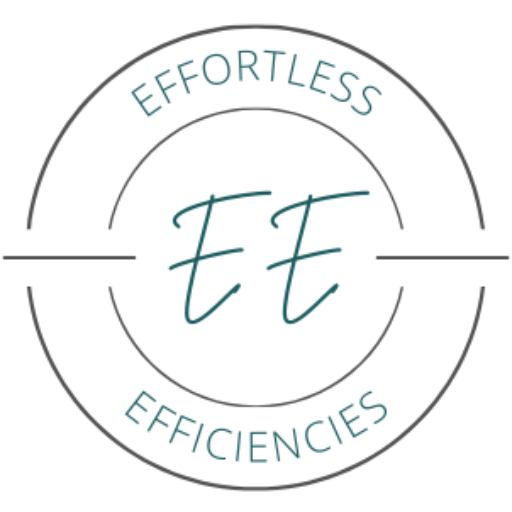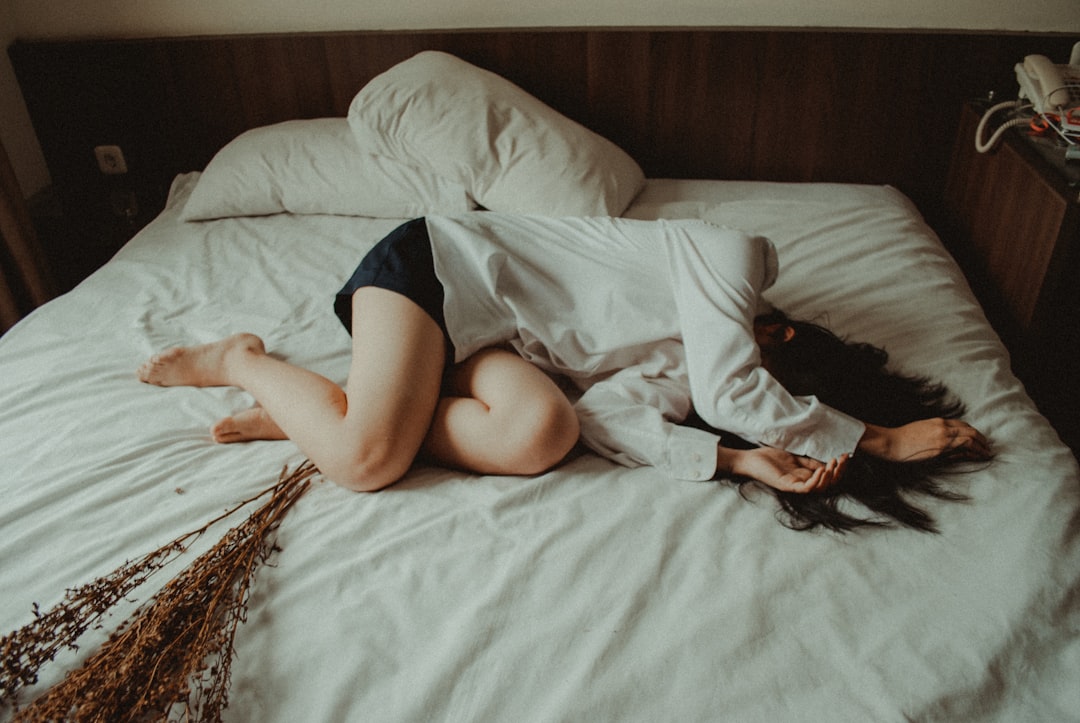Navigating sleep issues as a person with ADHD is like embarking on a nightly adventure, often fraught with twists, turns, and unexpected detours. I’ve personally grappled with both types of ADHD-related sleep struggles: those stemming from the symptoms themselves and those triggered by medication. Here’s my candid breakdown of how I’ve tackled these challenges head-on.
So what are the options?
Understanding ADHD Sleep Issues: Symptom or Side Effect?
Quieting the cacophony of thoughts ricocheting around my mind feels akin to herding cats—it’s a Sisyphean task. Meditation? Easier said than done when your brain resembles a bustling marketplace. ADHD can cause some of us sleep issues in a wide range of different ways. The short-release version of one medication might lull you to sleep while its counterpart leaves you tossing and turning. And don’t even get me started on the infamous “bounce back effect” as the medication wears off—a cruel twist in the nightly saga.
Exploring ADHD Sleep Supplements
Melatonin
This little sleep aid has been a saving grace for many of us. Our circadian rhythms are often as topsy-turvy as a carnival ride, but melatonin can help realign them. I swear by the brand Now for all my supplement needs.
Magnesium Glycinate
There are a few types of Magnesium but I find glycinate the best for sleep. It’s recommended for its calming effects, making it ideal for improving sleep quality by promoting relaxation.
Holy Basil
A lesser-known gem in the realm of natural remedies, holy basil boasts calming properties that can ease the tumult of a hyperactive mind.
Relora
This one’s a game-changer for me. Just beware—it can leave you feeling a tad groggy the morning after, but it’s a small price to pay for a peaceful night’s sleep.
GABA
Think of GABA as your brain’s personal chill pill. It helps dial down the volume on those racing thoughts and induces a sense of tranquility. This is also a favorite of mine, I take it and Relora and get a solid night of dinosaur hands ADHD sleep.
L-Theanine
Ah, L-Theanine, my dear friend. Not only does it boost concentration, but it also aids in synthesising dopamine and norepinephrine—two neurotransmitters that we ADHD warriors could always use a bit more of.
5-HTP
5-hydroxytryptophan (5-HTP) is a precursor to serotonin, a neurotransmitter that plays a role in regulating mood and sleep. Supplementing with 5-HTP may help improve sleep quality and reduce the time it takes to fall asleep.
Ashwagandha
An ancient herb cherished in Ayurvedic medicine, ashwagandha offers a myriad of benefits for modern-day living. Renowned for its adaptogenic properties, ashwagandha helps the body adapt to stress, promoting a sense of calm and balance. Whether seeking to ease anxiety, support immune function, or enhance cognitive clarity, ashwagandha is a natural ally in navigating life’s demands. (careful, this one can cause vivid dreams)
Valerian Root
Valerian is an herb that has been used for centuries as a natural remedy for insomnia and anxiety. It is thought to increase levels of GABA, a neurotransmitter that promotes relaxation.
Antihistamines for ADHD Sleep Issues
Antihistamines are a class of medications commonly used to treat allergies, but they also have sedating effects that can make them useful for promoting sleep. Some common antihistamines used for sleep include:
Diphenhydramine (Benadryl)
Diphenhydramine, known by its popular brand name Benadryl, is an antihistamine that’s widely used to relieve symptoms of allergies, hay fever, and the common cold. Its sedative properties also make it a common choice for those struggling with sleep, including individuals with ADHD seeking rest from hyperactive minds at night.
Doxylamine (Unisom)
Doxylamine, sold under the brand name Unisom among others, is an effective antihistamine used to treat allergy symptoms and as a short-term solution for insomnia. Doxylamine’s sedating effect can help quiet the busy brain of an ADHD individual, aiding in a smoother transition to sleep.
Hydroxyzine (Vistaril, Atarax)
Hydroxyzine, available as Vistaril and Atarax, is an antihistamine that goes beyond treating allergies. It has anti-anxiety and sedative properties, making it a potential sleep aid for those with ADHD. It can help manage anxiety and insomnia by reducing activity in the central nervous system.
Managing our ADHD Medication
ADHD medications can sometimes cause sleep issues as side effects. These side effects impact individuals in vastly different ways. Some of us sleep like a baby on our medication, while others experience too much alertness. What has helped me in working out the best approach for me is knowing what is a side effect of the medication while it’s working, what is a side effect while it’s wearing off, and what’s a symptom of my ADHD.
Understanding the Bounce Back Effect
The “bounce-back effect” of stimulant medication wearing off in individuals with ADHD refers to the resurgence of ADHD symptoms as the medication’s effects begin to fade. This phenomenon can significantly impact our sleep based on timing.
Exploring Non-Stimulant ADHD Medication Options
For individuals with ADHD who experience trouble sleeping, several prescription medications may be considered under the guidance of a healthcare professional. Some of these options include:
Atomoxetine (Strattera)
Guanfacine (Intuniv)
Bupropion (Wellbutrin)
Clonidine: Clonidine is a medication originally used to treat high blood pressure but has found a place in the treatment of ADHD, especially when stimulant medications are not suitable or have caused sleep issues. It works by affecting brain chemistry to reduce hyperactivity and impulsivity, and its sedative effects can help improve sleep quality for individuals with ADHD. Clonidine can be particularly beneficial in managing the nighttime symptoms of ADHD, facilitating a smoother transition into sleep by calming the nervous system.
Sleep Hygiene – but ADHD Style!
For many ADHDers, the best way to unwind is to do something engaging to prevent agitation with boredom. However, it’s crucial to find activities that are engaging enough to keep our interest but not so engaging that our hyperfocus gets activated.
Meditation Tailored for ADHD
There are meditation options actually tailored for ADHDers these days and they can be great. Insight timer has an ADHD meditation for hyperfocus that I love. And it’s short! Its accuracy and relevancy to our situation make it significantly more engaging and easier to stay on track. And it’s like 6 mins – which is my max.
Avoiding Tech Before Bed
This may or may not have an effect on ADHDers: for many, the stimulation of TV is relaxing, and they fall asleep to it. However, I find it distracting and keep TVs out of my room. Instead, I like to listen to podcasts and do non-screen games/puzzles to wind down in the evenings. Or sometimes binaural beats.
Games Before Bed!
I love video games, and they generally relax me. However, I prefer to play them during the day, as my ADHD brain tends to view them as a to-do list that I need to finish. If I’m failing at them, hyperfocus may engage, and I may forget the world exists until the relevant boss is destroyed. So, I stick to non-tech games and puzzles in the evenings. Traditional puzzles and a podcast are my key level of relaxed stimulation.
Binaural Beats for Better Sleep
Binaural beats offer potential benefits for individuals with ADHD-related sleep issues by promoting relaxation, reducing stress, and enhancing cognitive function. By synchronizing brainwave patterns, binaural beats may help quiet the mind, improve focus, and facilitate the transition into sleep. Additionally, binaural beats have been associated with altered states of consciousness conducive to relaxation and deep sleep. While research on their specific effects in individuals with ADHD is limited, binaural beats may offer a non-invasive and accessible tool to support better sleep quality.
Magnesium baths before bed
Magnesium baths, rich in Epsom salt, offer a natural remedy for better sleep. Epsom salt contains magnesium sulfate, known for its muscle-relaxing properties. Soaking in a warm magnesium bath before bedtime can ease muscle tension, reduce stress, and promote relaxation. This combination of physical and mental relaxation helps improve sleep quality, making it easier to fall asleep and stay asleep throughout the night. Simply add Epsom salt to a warm bath and soak for 20-30 minutes to experience the soothing benefits. While magnesium baths can aid in relaxation, it’s important to consult a healthcare professional for persistent sleep issues. Taking magnesium makes me twitch! But magnesium baths work a treat for me
Managing ADHD-related sleep issues requires a cocktail of patience, experimentation, and a willingness to embrace the quirks of our neurodivergent brains. While there may not be a one-size-fits-all solution, arming ourselves with knowledge and a healthy dose of trial and error can lead us one step closer to the elusive land of sweet dreams.
Disclaimer: The information provided here is for educational purposes only and is not intended to be a substitute for professional medical advice, diagnosis, or treatment. Always seek the advice of your physician or other qualified health providers with any questions you may have regarding a medical condition or before starting any new treatment. Antihistamines can have side effects and may interact with other medications. It’s important to use them under the guidance of a healthcare professional, especially for individuals with ADHD, as sleep issues can be complex and multifaceted.

